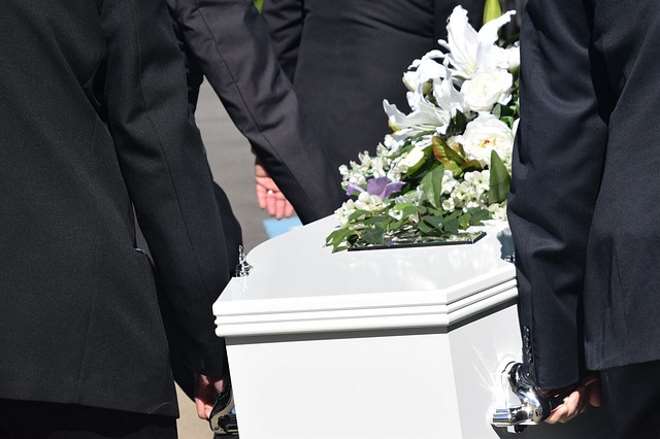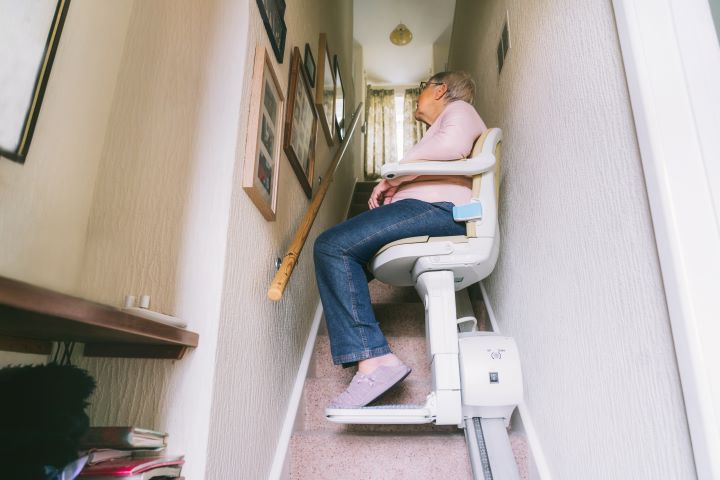Are you considering funeral arrangements after a loss?
Arranging a funeral often begins with questions about required steps, available options, and associated considerations. Families may seek clarity on service types, cultural or religious accommodations, procedural timelines, and how costs are structured. Funeral services provide factual information to help understand what is involved, support decision-making, and align arrangements with personal or family wishes.

Losing someone dear to us brings not only emotional pain but also the practical responsibility of making funeral arrangements. During this difficult time, understanding what needs to be done and what options are available can provide some clarity and structure. This guide aims to help you navigate the essential aspects of funeral planning with sensitivity and practical information to support you through this challenging process.
What are the first steps to take after a death occurs?
When a death occurs, several immediate actions need to be taken. First, if the death happens at home and was unexpected, contact emergency services immediately. If the person was under hospice care or the death was anticipated, contact their doctor or the hospice provider. Once a medical professional has certified the death, you’ll need to contact a funeral home. The funeral director will guide you through the next steps, including transporting the deceased to their facilities.
Within the first 24 hours, notify close family members and friends. You’ll also need to secure the deceased’s home and take care of any pets. Gather important documents such as the deceased’s ID, birth certificate, marriage certificate, and insurance policies. If the person had pre-arranged funeral plans, locate these documents as they will guide many of your decisions. It’s helpful to designate a family member to be the point of contact for the funeral home to streamline communications during this sensitive time.
How are funeral service costs typically structured?
Funeral costs can vary significantly based on the type of service and specific elements chosen. The basic professional services fee covers the funeral director’s time, expertise, and administrative tasks. This non-declinable fee typically ranges from R5,000 to R10,000. Transportation costs include moving the deceased from the place of death to the funeral home and later to the cemetery or crematorium, usually costing between R2,000 and R4,000.
Preparation of the body, including embalming (if chosen), cosmetology, and dressing, can range from R3,000 to R7,000. Casket or coffin prices vary dramatically from R5,000 for simple models to R30,000 or more for premium options. Facility use for viewing and the funeral service itself adds another R3,000 to R8,000. Additional costs include memorial printed materials, flowers, cemetery plots, grave markers, and cremation fees if applicable.
| Service Component | Price Range (ZAR) | What It Includes |
|---|---|---|
| Basic Professional Services | R5,000 - R10,000 | Funeral director services, paperwork, coordination |
| Transportation | R2,000 - R4,000 | Transfer of deceased, hearse service |
| Body Preparation | R3,000 - R7,000 | Embalming, dressing, cosmetology |
| Casket/Coffin | R5,000 - R30,000+ | Container for burial or cremation |
| Facility Use | R3,000 - R8,000 | Chapel, viewing room, staff assistance |
| Burial Plot | R8,000 - R25,000 | Cemetery space and opening/closing fees |
| Cremation | R4,000 - R10,000 | Cremation process and basic container |
Prices, rates, or cost estimates mentioned in this article are based on the latest available information but may change over time. Independent research is advised before making financial decisions.
Can arrangements accommodate specific cultural or religious practices?
Funeral services can and should be tailored to honor the cultural and religious traditions important to the deceased and their family. Most funeral homes are experienced in accommodating diverse practices and will work closely with religious leaders to ensure ceremonies follow appropriate protocols. For example, Islamic traditions may require burial within 24 hours of death, while Hindu customs often include cremation and specific rituals before and after.
Many cultural traditions have specific requirements regarding the preparation of the body. Some may prohibit embalming or require family members to wash and dress the deceased. Others have particular clothing requirements or items that should accompany the deceased. Funeral directors can accommodate prayer services, wakes, or other ceremonies specific to various faiths and cultures. They can also help arrange for special music, readings, or rituals that honor the deceased’s heritage. When meeting with the funeral director, clearly communicate any cultural or religious requirements so they can be properly incorporated into the arrangements.
What is the usual timeline for burial or cremation?
The timeline for final disposition varies based on several factors, including local regulations, religious requirements, and family preferences. Generally, burials or cremations occur within 3-7 days after death, though this can vary significantly. Some religions, such as Judaism and Islam, require burial as soon as possible, often within 24 hours. Others may have more flexible timeframes that accommodate travel arrangements for family members coming from distant locations.
Several practical considerations affect the timeline. Death certificate processing usually takes 1-3 days. If an autopsy is required, this may add another 1-3 days. Preparing the body, including embalming if chosen, typically takes 1-2 days. Coordinating with cemeteries or crematoriums requires scheduling, which can add time depending on availability. Weather conditions may also impact burial schedules, particularly in regions with extreme conditions. Throughout this process, the funeral director serves as a guide, helping families navigate these timeframes while respecting their wishes and needs.
What choices are available for memorialization or final disposition?
When considering final disposition, families have several options beyond the traditional burial or cremation. Traditional earth burial involves selecting a cemetery plot, casket, and often a headstone or marker. This provides a permanent place for loved ones to visit. Cremation offers flexibility, as ashes can be kept in an urn, scattered in meaningful locations, buried in a smaller plot, or even transformed into memorial items such as jewelry or art pieces.
Green or natural burials are becoming increasingly popular, allowing the body to return to the earth naturally without embalming chemicals and using biodegradable caskets. Mausoleums offer above-ground entombment, while columbaria provide niches for cremated remains. Some families choose body donation to medical science, after which cremation is usually provided at no cost. Memorial services can be held regardless of the disposition choice, allowing families to honor their loved one in personally meaningful ways through music, readings, displays of photographs, or sharing of memories that celebrate the person’s life and legacy.
Funeral arrangements are deeply personal decisions made during an emotionally challenging time. Understanding the process, options, and considerations can help ease some of the burden as you honor your loved one’s memory. Whether following traditional practices or creating a uniquely personalized memorial, the most important aspect is creating a meaningful farewell that provides comfort to those mourning while celebrating the life that was lived. Taking time to consider these choices thoughtfully, ideally with the support of compassionate professionals, can help transform this difficult responsibility into a healing experience for all involved.




